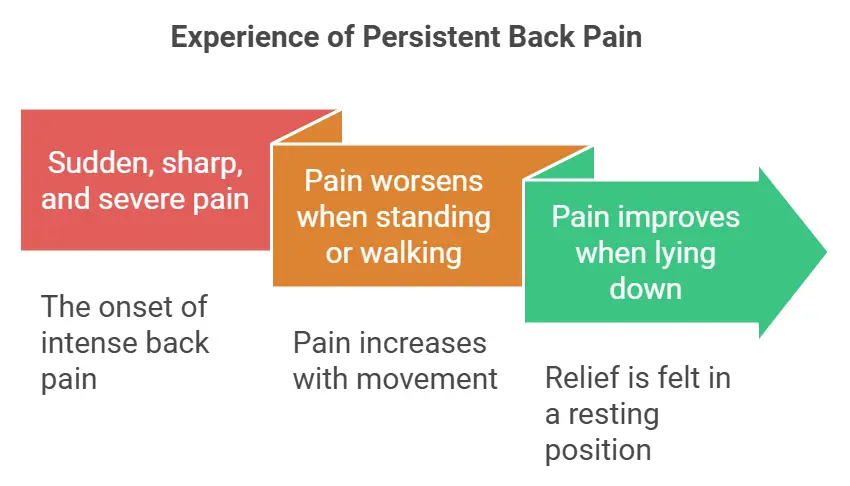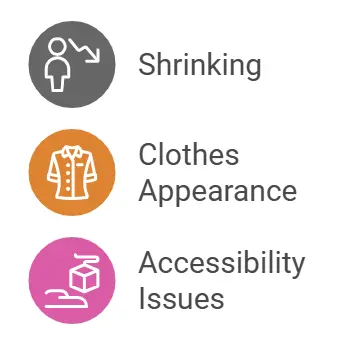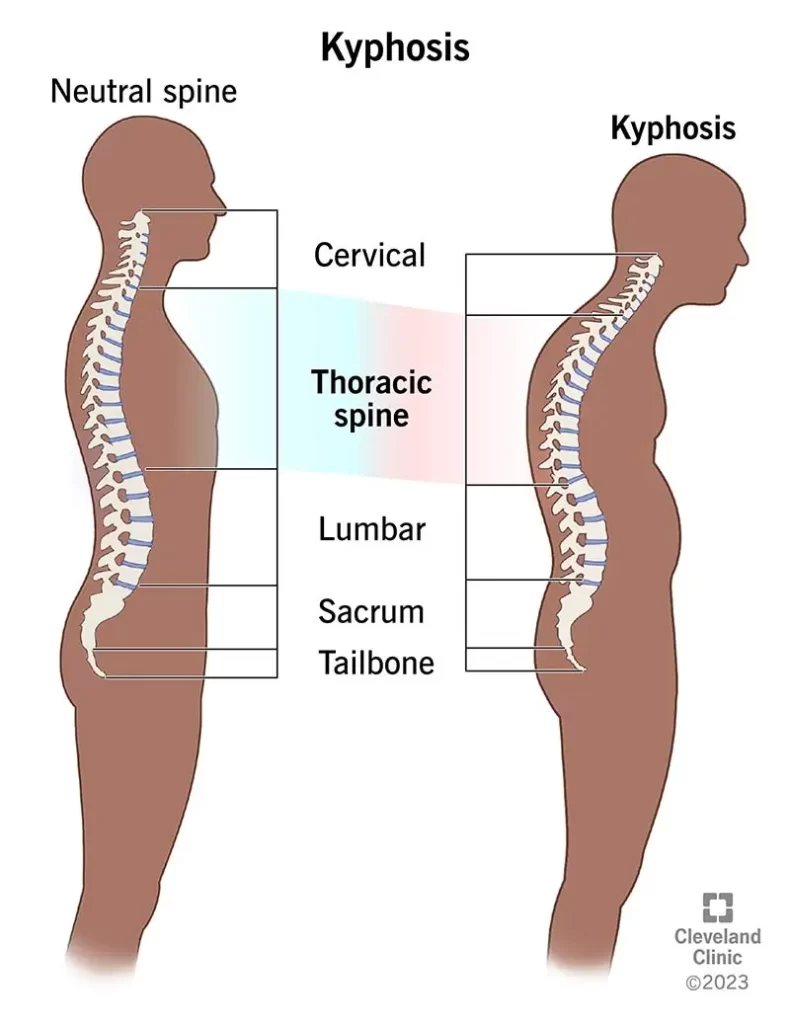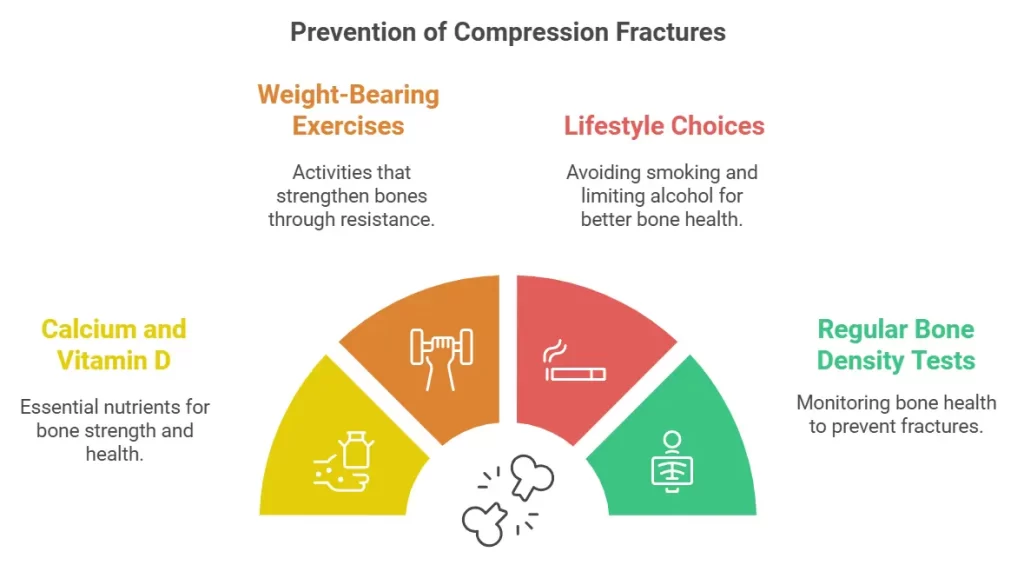5 Warning Signs of a Compression Fracture You Must Not Ignore
Have you ever felt a sudden, sharp pain in your back and wondered if it was just a minor twinge or something more serious?
Let me tell you, it’s not always easy to tell the difference. But knowing the warning signs can be a real game-changer when it comes to compression fractures.
Did You Know
India has a high prevalence of osteoporosis, especially among postmenopausal women and the elderly, which increases the risk of vertebral compression fractures.
That’s a staggering number, and many of these cases go undiagnosed or untreated. Let’s dive into the five key warning signs you absolutely need to know about.
What Exactly is a Compression Fracture?
Before we jump into the warning signs, you might be wondering, “What the heck is a compression fracture anyway?” Great question! Imagine your spine as a stack of building blocks. A compression fracture happens when one of these blocks (vertebrae) collapses, often due to weakened bones from conditions like osteoporosis. Mostly, it happens in elder people.
1. The Telltale Back Pain: More Than Just a Muscle Strain
How can I tell if my back pain is due to a compression fracture?

You know that annoying back pain that just won’t quit? Well, if it’s a compression fracture, it’s not your run-of-the-mill muscle strain. The pain from a compression fracture is usually:
- Sudden and severe
- Worsens when standing or walking
- Improves when lying down
I remember a friend who thought she had just pulled a muscle while gardening. Turns out, it was a compression fracture. The key difference? The pain didn’t get better with rest and actually felt worse when she was upright.
2. The Shrinking Act: Losing Height Isn't Just About Age
Can a compression fracture make you shorter?

Believe it or not, you might pull a reverse Jack and the Beanstalk – shrinking instead of growing! If you’ve noticed you’re not quite as tall as you used to be, it could be a sign of compression fractures. Here’s what to look out for:
- A noticeable decrease in height (usually 1-6 inches over time)
- Clothes that suddenly seem too long
- Difficulty reaching things that were once easy to grab
I had an aunt who swore her kitchen cabinets were getting higher. Turns out, she had multiple compression fractures that were making her shorter!
3. The Hunchback of Notre Dame Isn't Just a Disney Character
Why is my posture changing as I get older?
If you’re starting to resemble Quasimodo more than your former self, it might not just be poor posture. A curved upper back, known medically as kyphosis, can signify compression fractures. Look out for:

- A rounded or hunched appearance of the upper back
- Difficulty standing up straight
- A protruding belly (because your spine is curved)
Don’t brush this off as just a sign of ageing. I once met a yoga instructor who noticed her poses were getting harder to hold. She discovered she had several compression fractures, causing her spine to curve.
4. The Breath-Taking (Not in a Good Way) Experience
Why do I feel short of breath even when I’m not exercising?
Feeling winded after climbing a flight of stairs is one thing, but if you’re huffing and puffing while just sitting around, it could be a red flag. Compression fractures can actually affect your breathing by:
- Reducing the space in your chest cavity
- Putting pressure on your lungs
- Making it harder to take deep breaths
I had a patient who thought she was just out of shape, but her shortness of breath was actually due to multiple compression fractures compressing her chest area.
5. The Stomach Situation: When Your Gut Tells You Something's Wrong
Why do I feel full so quickly when eating?
If you’re feeling full faster than usual or experiencing abdominal discomfort, your spine might be to blame. Compression fractures can cause:
- A protruding abdomen
- Reduced space between your ribs and pelvis
- Digestive issues or constipation
A colleague of mine complained about always feeling bloated. Turns out, her compressed spine was crowding her abdominal area, leading to digestive discomfort.
When Should You See a Doctor?
Now, you might be thinking, “Do I need to rush to the ER for every backache?” Not necessarily, but if you’re experiencing any of these symptoms, especially if you’re over 50 or have risk factors like osteoporosis, it’s time to give your doctor a call.
What tests will the doctor do to diagnose a compression fracture?
Your doctor might order:
- X-rays to see the shape and position of your vertebrae
- MRI or CT scans for a more detailed look
- Bone density tests to check for osteoporosis
How to Prevent Compression Fractures?
Want to keep your spine strong and fracture-free? Here are some tips:

- Get enough calcium and vitamin D
- Exercise regularly (weight-bearing exercises are great for bone health)
- Quit smoking (yes, it affects your bones too!)
- Limit alcohol intake
- Talk to your doctor about bone density screenings
The Bottom Line
Compression fractures might sound scary, but knowledge is power. By staying aware of these warning signs, you’re taking a big step in protecting your spine and overall health. Remember, your body is pretty good at sending signals when something’s not right. All you need to do is listen and act.
So, the next time you feel that nagging back pain or notice you can’t quite reach the top shelf like you used to, don’t brush it off. Your spine will thank you for paying attention!
Have you ever experienced any of these symptoms or know someone who has it?
-
Guide to Digital Marketing for Spine Surgeon: Strategies to Grow Your Practice
-
5 Warning Signs of a Compression Fracture You Must Not Ignore
-
Is Spinal Tuberculosis Curable? Here's What Medical Experts Say
-
Vertebroplasty vs Kyphoplasty: Which Spine Treatment Is Right for You?
-
What is the Difference Between Herniated and Bulging Disc? Diagnosis & Treatment Options

